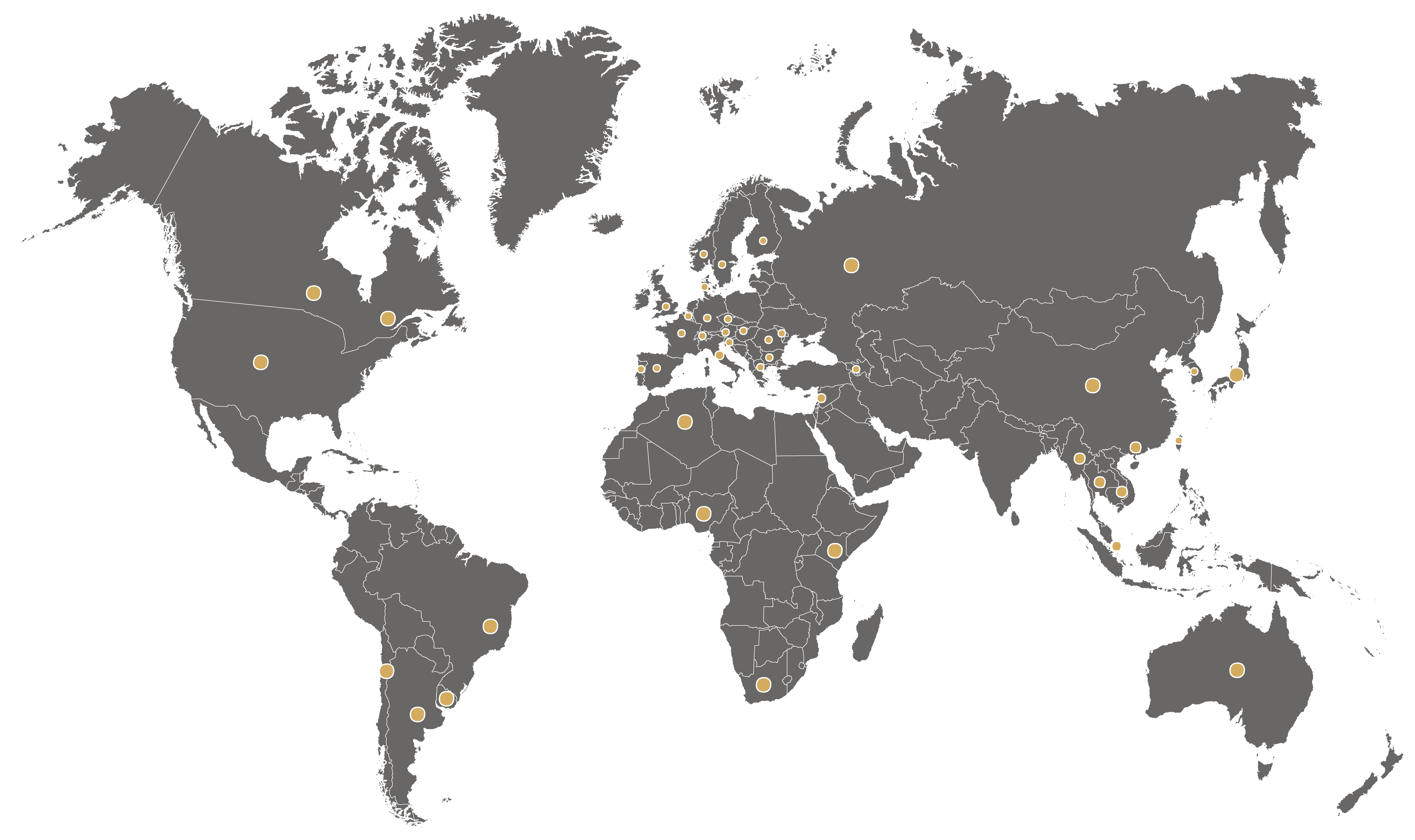South Korea offers a rapidly expanding market for wine exporters. While imports decreased in 2023, the growing popularity of wine and spirits, combined with a burgeoning middle class and sophisticated consumption culture, makes it an attractive destination for wine producers worldwide. Importing wine and spirits into the country is subject to strict regulations. Here are our tips for successfully entering this promising market.
The EU-South Korea Free Trade Agreement (FTA), effective since July 1, 2011, eliminated customs duties on European alcoholic beverages.
Additionally, other FTAs have been established since 2014, including agreements with Chile, Singapore, the U.S., and ASEAN nations, significantly reducing or eliminating tariffs and related taxes.

Countries with FTAs benefit from reduced or eliminated customs tariffs.
However, certain taxes still apply to all nations, including EU members:
Pour les pays en dehors de l’Union européenne, et exempts d'accords commerciaux, des droits de douane fixés à 15 % sont applicables.

All imported food and beverages are inspected by the Ministry of Food and Drug Safety (MFDS) and must be accredited.
However, no specific certification is required. Exporters must provide a wine analysis certificate, detailing the sorbic acid content, which must not exceed 0.2g/l. This information is mandatory on bottle labels in Korean.
Important Note: Online sales and home delivery of alcoholic beverages are prohibited in South Korea. Consumers rely on a "pick-and-collect" system, where purchases are retrieved in stores, ensuring verification of the buyer’s legal age (19 years).

Wine consumption in South Korea experienced exponential growth during the COVID-19 pandemic. In 2023, the market shifted towards premium wines and spirits like whisky and tequila.
Per Capita Wine Consumption: 1.4 liters annually (2023), making South Korea the third-largest wine market in Asia (after China and Japan) and the 18th-largest global wine importer.
French Wine Dominance: France leads with 40.4% market share in volume, followed by the U.S. (16.2%) and Italy (13.4%). France also dominates in value, holding 20.4% of the market.

Patricia Alvarez - Marketing Director - Bodegas Coviñas, Spain
"A Gilbert & Gaillard International Challenge gold medal on a wine’s packaging is an objective recognition of our wines’ quality. It is a communicative value that assures consumers, based on industry experts’ experience, that the wine is of high quality, representing a specific terroir and is competitive against all international productions. When a consumer is faced with the challenge of choosing a wine without prior knowledge and only the information on the label, the Gilbert & Gaillard International Challenge medal is a guarantee of quality and a safe choice. "

Finding the right partner is crucial when exporting wine to South Korea. Displaying Gilbert & Gaillard medals on your wine packaging leverages the reputation of an internationally recognized wine competition with over 35 years of expertise.
Using Gilbert & Gaillard medals for wine exportation means leveraging an internationally recognized wine competition with a 35-year history. Want to register your wines? Log in to your winemaker portal to access our extensive database of over 10,000 importers and distributors, including a specialized list of South Korean importers.
